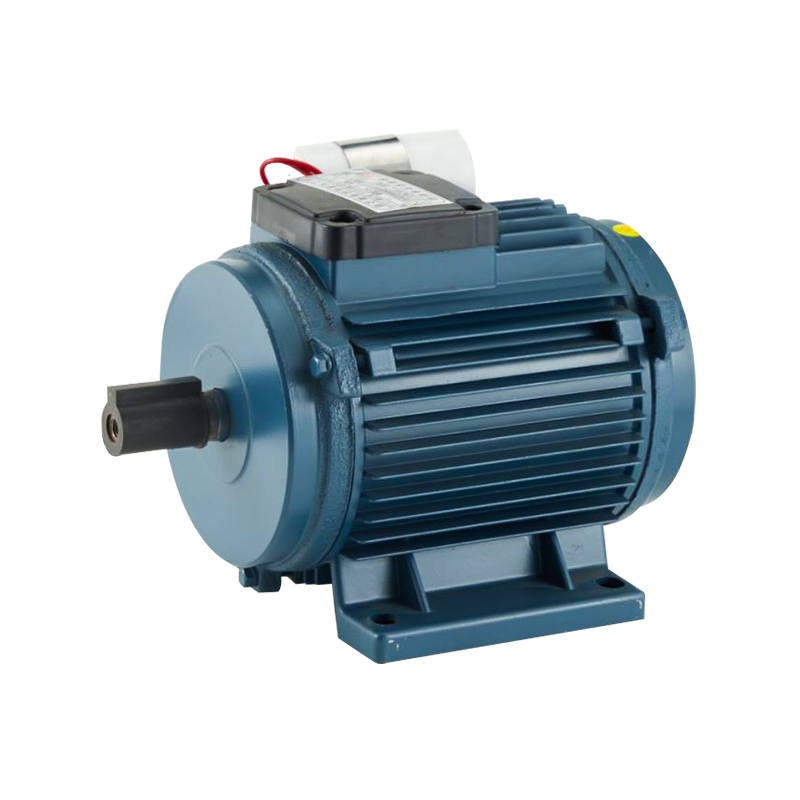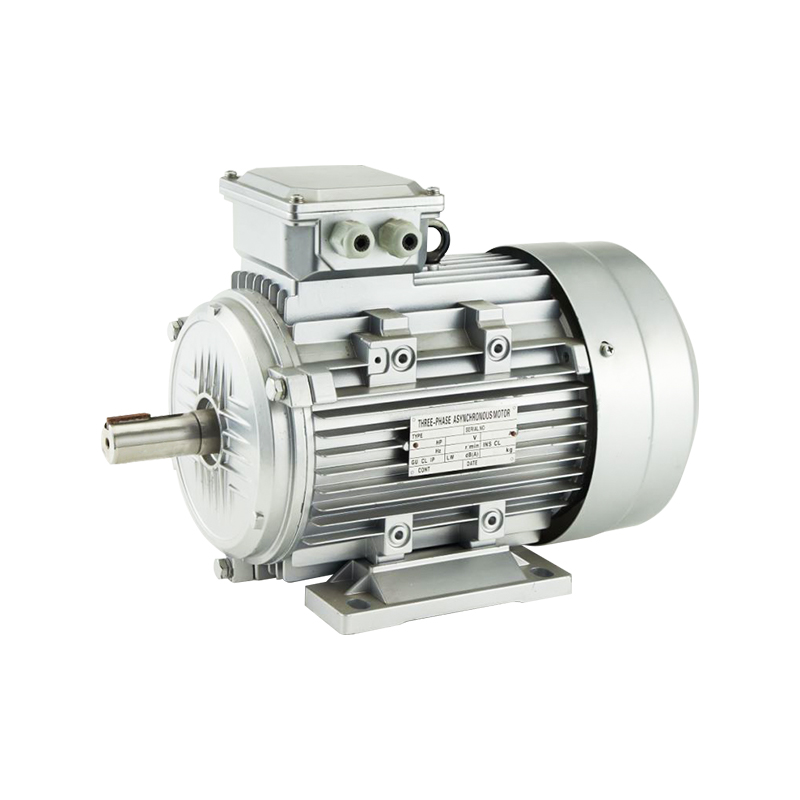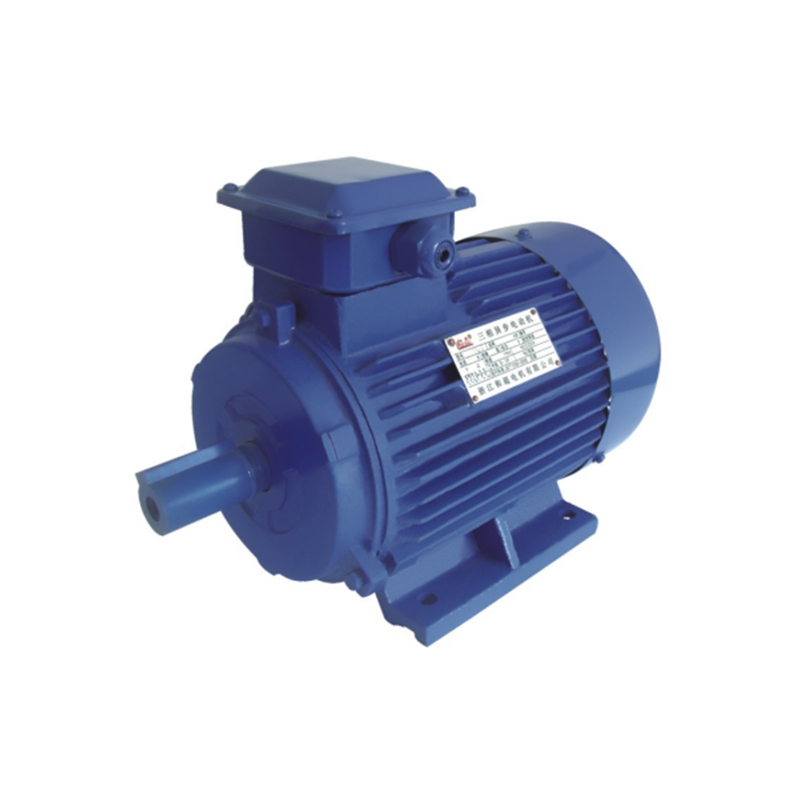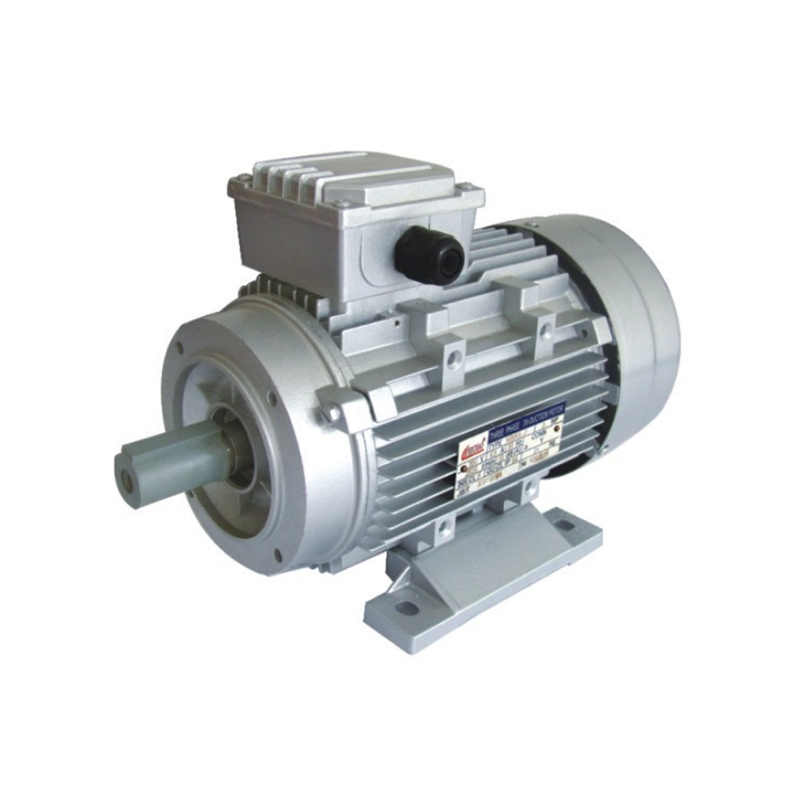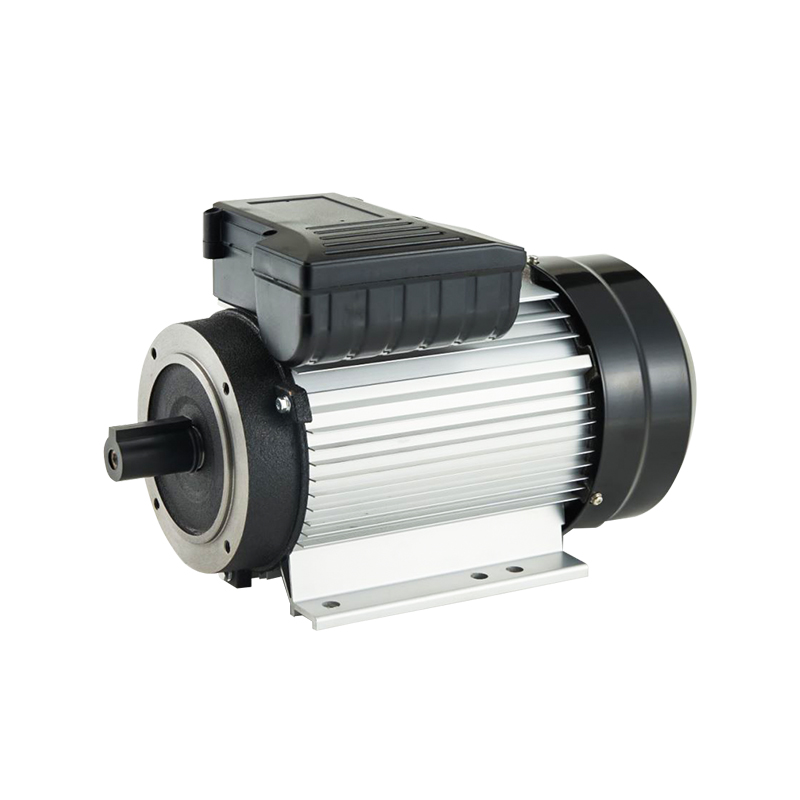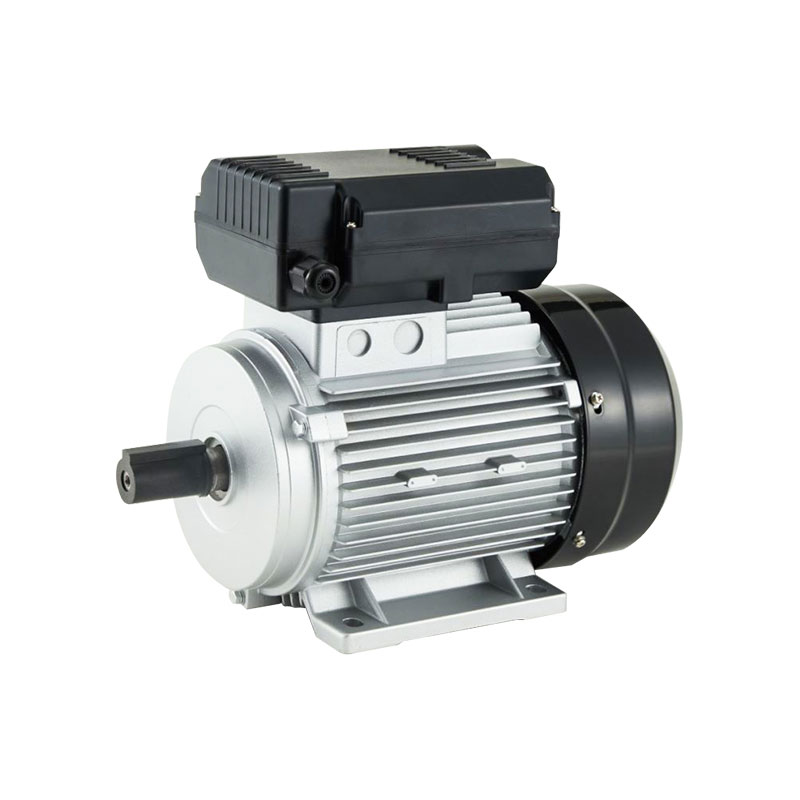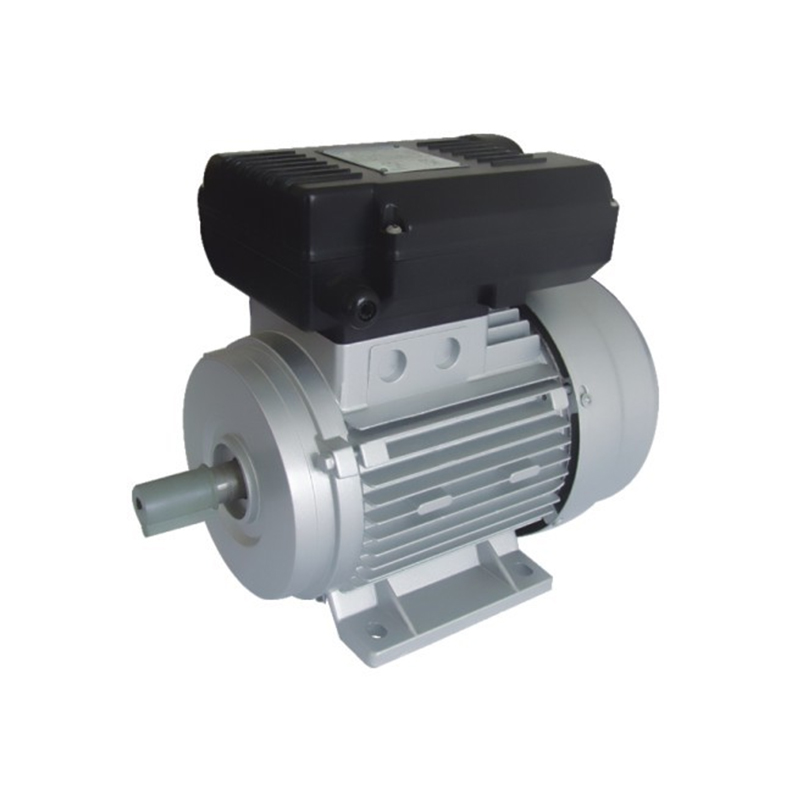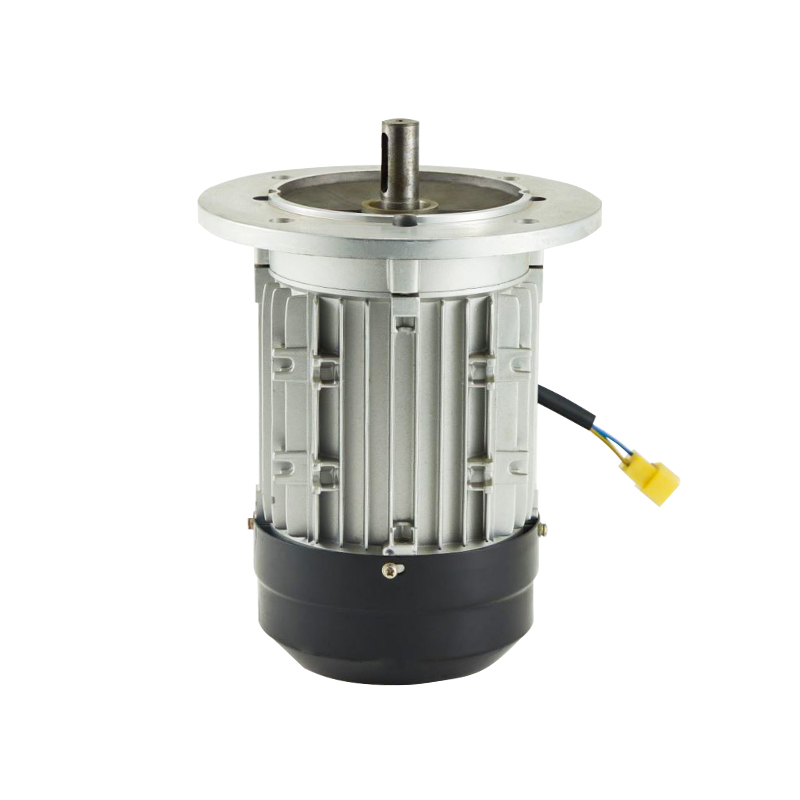Three phase permanent magnet synchronous motors (PMSMs) are becoming increasingly prevalent in various industrial and commercial applications due to their high efficiency and reliability. Unlike other motor types, PMSMs utilize permanent magnets to create a constant magnetic field, which interacts with the stator windings to produce torque. This article explores the benefits and diverse applications of three-phase PMSMs, highlighting their significance in modern electrical engineering.
Understanding Three-Phase PMSMs
Three-phase PMSMs operate based on the principles of electromagnetism and synchronous rotation. They consist of a rotor embedded with permanent magnets and a stator equipped with three-phase windings. When an alternating current (Single AC motor) is supplied to the stator windings, it creates a rotating magnetic field. This field interacts with the magnetic field of the rotor, resulting in torque generation.
One of the primary advantages of PMSMs is their high efficiency. The use of permanent magnets eliminates the need for rotor winding currents, which reduces energy losses due to resistance and heat. Consequently, PMSMs exhibit high power density and reliable torque-to-weight ratios. They are also known for their precise speed control and stability, which is crucial for applications requiring accurate and consistent performance.
Key Advantages of Three-Phase PMSMs
1. Energy Efficiency: Permanent magnets provide a constant magnetic field, and pilot to higher efficiency compared to motors that rely on electromagnetic excitation. This efficiency is particularly advantageous in applications where energy consumption is a critical factor.
2. High Torque Density: The use of permanent magnets enhances the torque density of PMSMs, allowing them to deliver substantial torque relative to their size and weight. This characteristic makes them suitable for applications where compact and powerful motors are required.
3. Reliable Performance: PMSMs are known for their reliable performance and longevity. The absence of brushes and commutators reduces mechanical wear and maintenance needs, contributing to a longer operational life and consistent performance over time.
4. Precise Control: The synchronous nature of PMSMs enables precise speed and position control. This attribute is particularly valuable in applications such as robotics and precision machining, where exact control is essential.
5. Low Noise Operation: PMSMs operate with small noise and vibration due to the absence of brushes and commutators. This feature enhances their suitability for applications in noise-sensitive environments.
Applications of Three-Phase PMSMs
Three-phase PMSMs find applications across a wide range of industries due to their versatile performance characteristics. Some notable applications include:
1. Industrial Automation: In industrial settings, PMSMs are used in various automation systems, including conveyors, robotic arms, and CNC machines. Their high efficiency and precise control capabilities make them ideal for tasks that require consistent and accurate performance.
2. Electric Vehicles: PMSMs are commonly employed in electric vehicles (EVs) due to their high torque density and efficiency. They contribute to improved vehicle range and performance, making them a popular choice in the growing EV market.
3. HVAC Systems: In heating, ventilation, and air conditioning (HVAC) systems, PMSMs are used to drive fans and compressors. Their energy efficiency and low noise operation contribute to the overall efficiency and comfort of HVAC systems.
4. Renewable Energy: PMSMs are utilized in renewable energy systems, such as wind turbines and solar trackers. Their reliability and efficiency help maximize energy production and support sustainable energy solutions.
5. Home Appliances: Various household appliances, including washing machines and refrigerators, benefit from the efficiency and reliability of PMSMs. Their performance enhances the functionality and longevity of these appliances.
Three phase permanent magnet synchronous motors offer a range of advantages, including high energy efficiency, reliable performance, and precise control. Their versatility makes them suitable for numerous applications across different industries, from industrial automation to renewable energy. As technology continues to advance, the role of PMSMs is expected to grow, further demonstrating their importance in modern engineering and technology.

